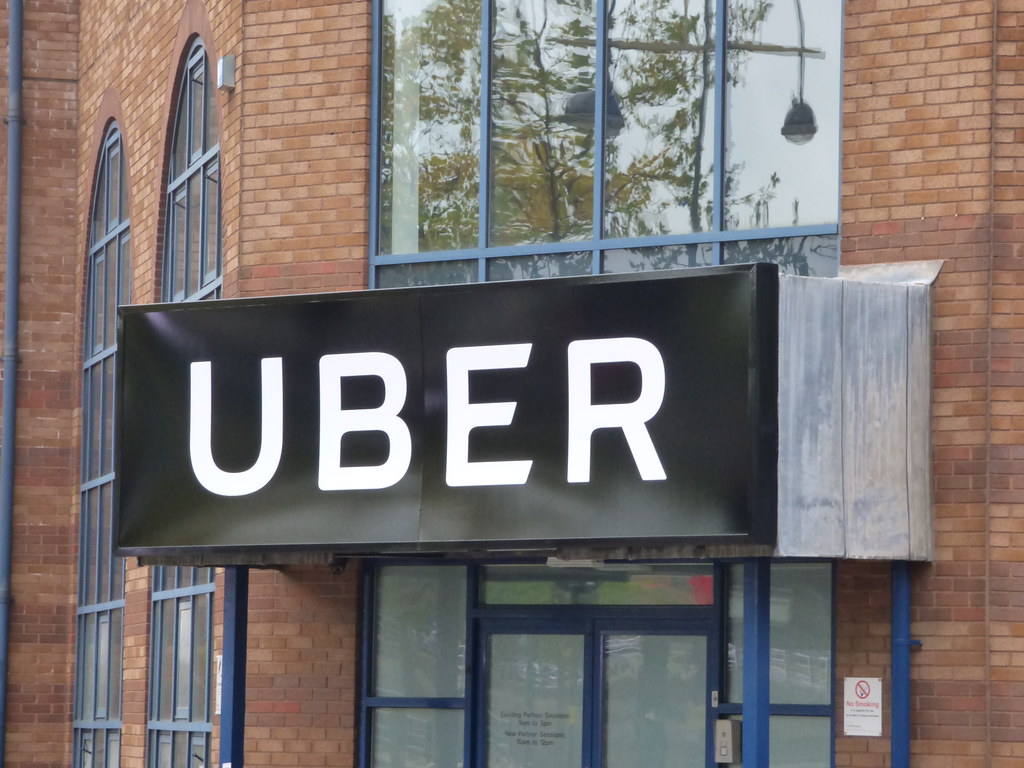In 2016, the investment bank Morgan Stanley offered its most valuable customers and employees to invest in Uber, reports Bloomberg with reference to the documents at its disposal. The bank offered to invest through a fund called New Riders LP and set the entry threshold at $ 250,000. The entire company was then valued at $ 62.5 billion. Morgan Stanley documents then described the sum as a “reasonable” estimate, taking into account competitive advantages of Uber and business growth prospects. Risk factors included rising operating expenses and continuing losses.
Those who took advantage of the Morgan Stanley’s offer were able to convert their shares into Class A shares in the future if Uber held an IPO. As a result of this transaction, according to Bloomberg, one paper cost investors $ 48.77 apiece.
It would be cheaper to buy on the exchange: Uber placed its shares on the New York Stock Exchange on May 10 at $ 45 per share, capitalization was about $ 82 billion. At the same time, on the first trading day, which coincided with an aggravation in the US-China trade negotiations, the cost fell 7.6% to $ 41.57. This fall Bloomberg called the “anomaly”. On the second day of trading, the fall during the day exceeded 10%, Uber securities were worth about $ 37, capitalization dropped to $ 62.2 billion (at the time of publication, trading continued). Under the terms of the IPO, investors cannot sell Uber shares within 180 days after placement.
It is unknown how many clients and employees of Morgan Stanley seized the opportunity to invest in Uber three years ago. The representative of the bank declined to comment.
Morgan Stanley has long helped wealthy customers invest in rising stars in Silicon Valley. Dennis Lynch, Head of Counterpart Global, a member of Morgan Stanley, helped to invest in Facebook and Twitter in the early stages when companies were not yet public. The bank relies on its relationship with the "legions of wealthy investors" to provide start-ups with private funding and enable them to develop their business before the IPO, Bloomberg writes. In theory, this approach is beneficial for all parties, including the bank itself - it is more likely to be chosen as an underwriter for an IPO. Now, Morgan Stanley will have the opportunity to see how customers react to losses.
In the case of Uber, Morgan Stanley fought with Goldman Sachs for its role as underwriter, whose management even bought a stake in the company in the early stages. Goldman also provided its rich customers with the opportunity to purchase paper before the IPO. To show how important Uber was for Morgan Stanley, bank managing director Michael Grimes even worked as a taxi driver, wrote WSJ.
source: forbes.com
Those who took advantage of the Morgan Stanley’s offer were able to convert their shares into Class A shares in the future if Uber held an IPO. As a result of this transaction, according to Bloomberg, one paper cost investors $ 48.77 apiece.
It would be cheaper to buy on the exchange: Uber placed its shares on the New York Stock Exchange on May 10 at $ 45 per share, capitalization was about $ 82 billion. At the same time, on the first trading day, which coincided with an aggravation in the US-China trade negotiations, the cost fell 7.6% to $ 41.57. This fall Bloomberg called the “anomaly”. On the second day of trading, the fall during the day exceeded 10%, Uber securities were worth about $ 37, capitalization dropped to $ 62.2 billion (at the time of publication, trading continued). Under the terms of the IPO, investors cannot sell Uber shares within 180 days after placement.
It is unknown how many clients and employees of Morgan Stanley seized the opportunity to invest in Uber three years ago. The representative of the bank declined to comment.
Morgan Stanley has long helped wealthy customers invest in rising stars in Silicon Valley. Dennis Lynch, Head of Counterpart Global, a member of Morgan Stanley, helped to invest in Facebook and Twitter in the early stages when companies were not yet public. The bank relies on its relationship with the "legions of wealthy investors" to provide start-ups with private funding and enable them to develop their business before the IPO, Bloomberg writes. In theory, this approach is beneficial for all parties, including the bank itself - it is more likely to be chosen as an underwriter for an IPO. Now, Morgan Stanley will have the opportunity to see how customers react to losses.
In the case of Uber, Morgan Stanley fought with Goldman Sachs for its role as underwriter, whose management even bought a stake in the company in the early stages. Goldman also provided its rich customers with the opportunity to purchase paper before the IPO. To show how important Uber was for Morgan Stanley, bank managing director Michael Grimes even worked as a taxi driver, wrote WSJ.
source: forbes.com





